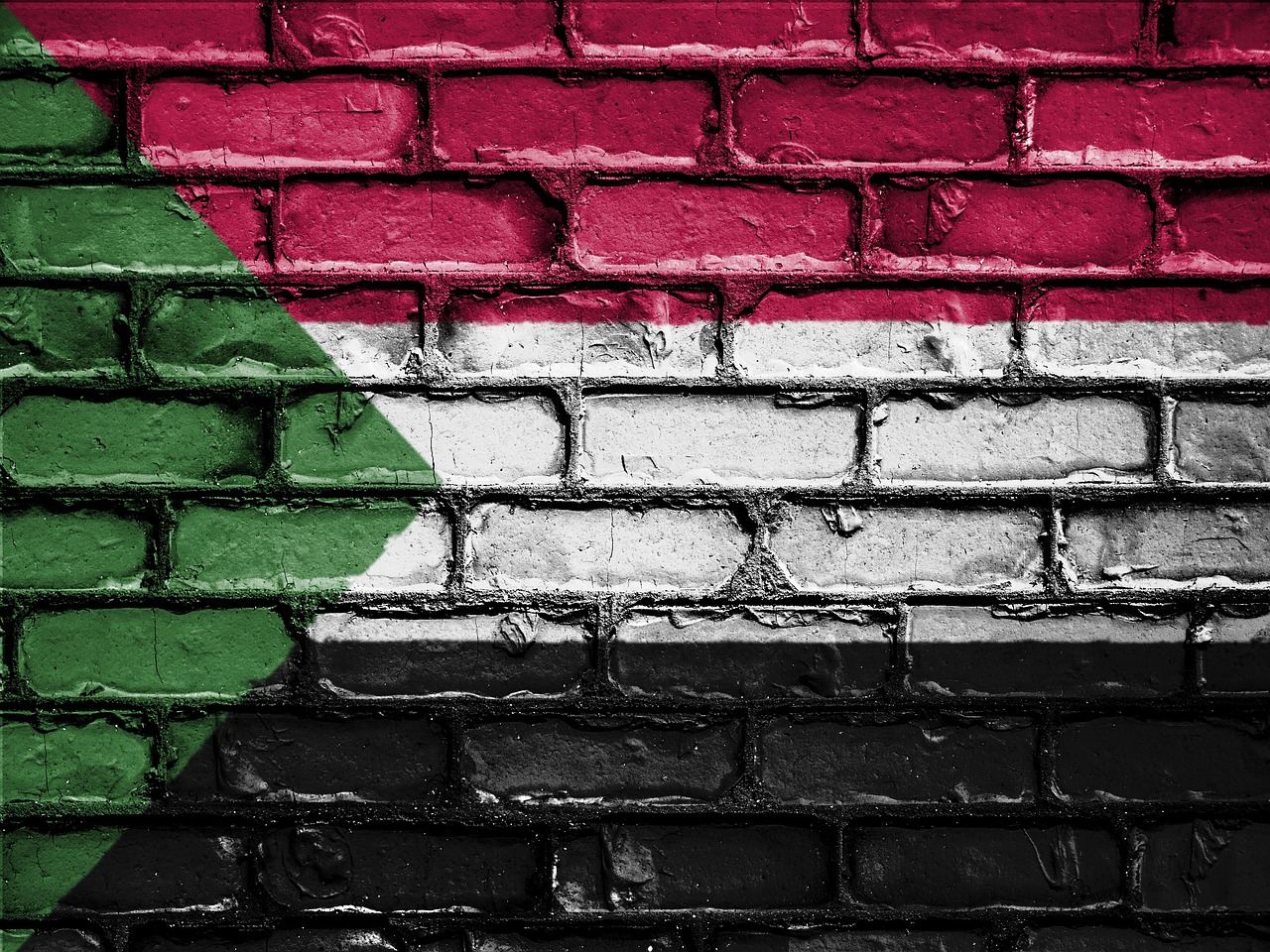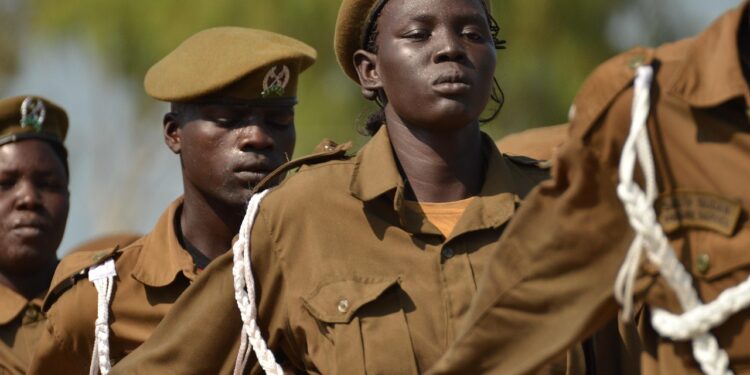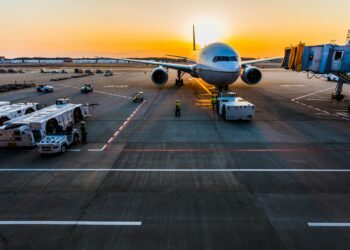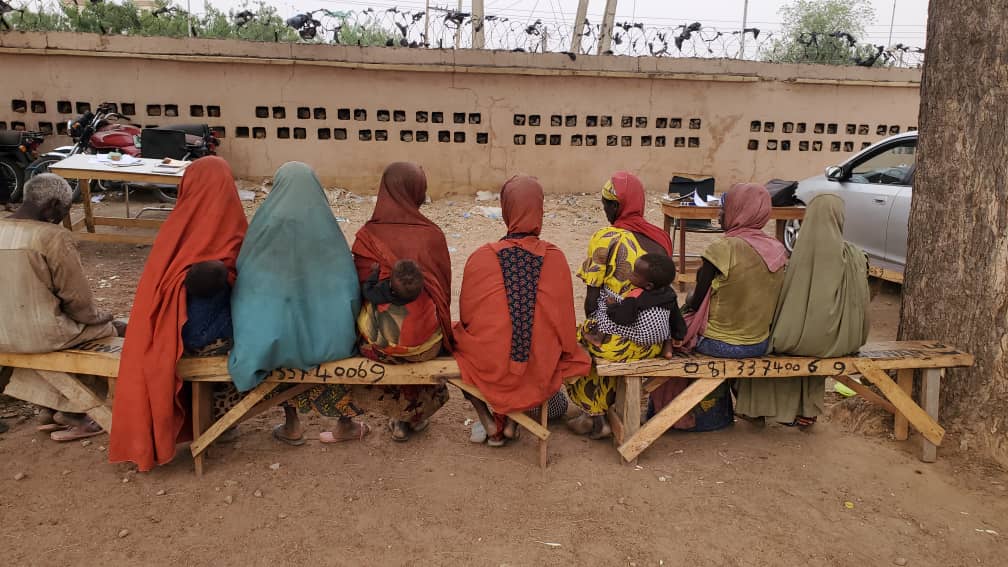Facing a firestorm of international condemnation, the leader of Sudan’s paramilitary Rapid Support Forces (RSF), General Mohamed Hamdan Dagalo (Hemedti), has announced an investigation into alleged violations by his troops during the capture of el-Fasher.
The announcement comes after gruesome reports and social media videos, some apparently filmed by the RSF fighters themselves, depicted mass killings following the city’s fall on Sunday. The UN World Health Organization (WHO) said it was “appalled and deeply shocked” by reports that more than 460 civilians were shot dead at the city’s last partially functioning hospital.
In his statement, Hemedti expressed sorrow for the “disaster” in el-Fasher and admitted to “violations” by his forces, claiming an investigative committee had been dispatched to the city.

However, this pledge has been met with profound skepticism. Observers immediately noted that the RSF has a history of making—and breaking—identical promises after previous atrocities, including the 2023 massacre in el-Geneina and alleged crimes in Gezira, where no accountability followed.
The RSF denies that the killings are ethnically motivated, despite widespread allegations that its Arab paramilitaries have systematically targeted non-Arab populations in Darfur. The capture of el-Fasher, the army’s last stronghold in Darfur after an 18-month siege, solidifies the country’s geographic split, with the RSF now in control of the west.
The escalating crisis has prompted the UN Security Council to schedule an emergency meeting on Sudan, where activists are expected to intensify calls for international pressure on the United Arab Emirates, a nation repeatedly accused of providing military support to the RSF.
Why It Matters
Hemedti’s investigation is a transparent attempt at crisis management, not a genuine move toward justice. This is a well-worn script: commit atrocities, feign concern when the world notices, and announce a probe that quietly vanishes once the headlines fade. The RSF’s own fighters documented their violence, creating an undeniable record that made this performative gesture necessary.
For the international community to accept this at face value would be to become a willing accomplice in a strategy of empty promises. Real pressure (through arms embargoes and sanctions targeting the RSF and its backers) is the only metric that matters now. Without it, this investigation is merely a PR tool for a war criminal.

















